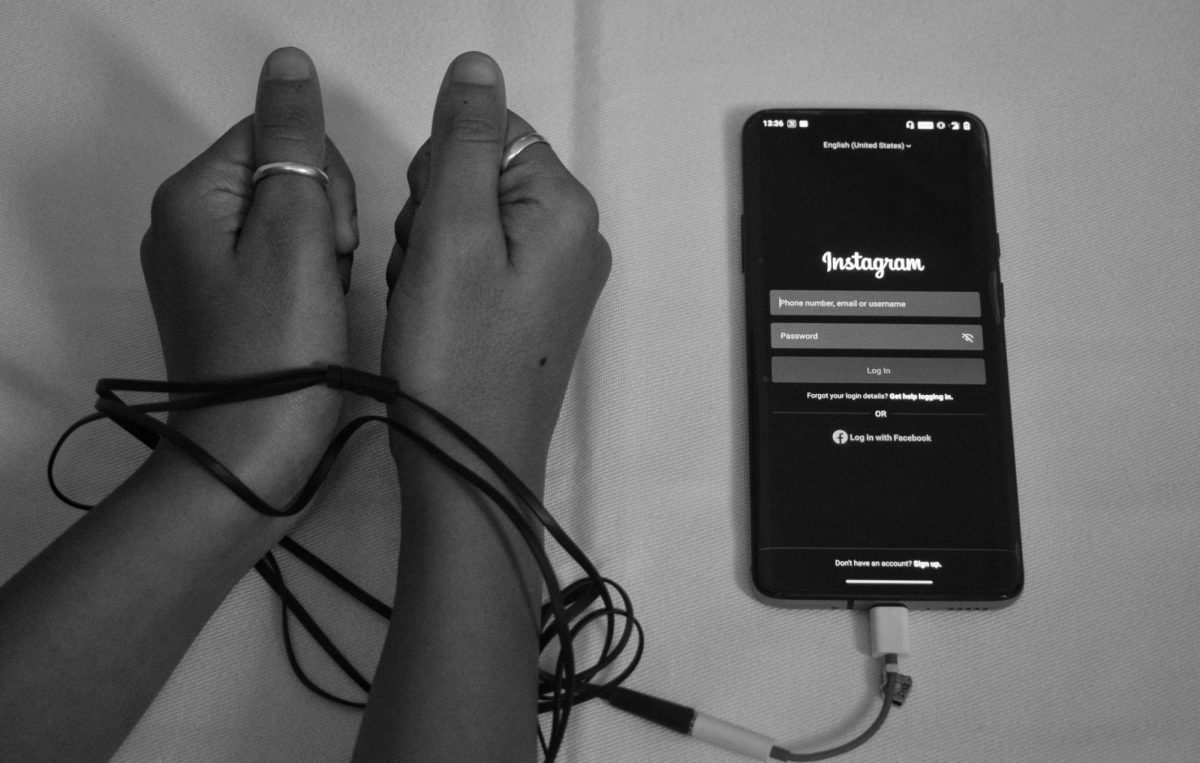At 7:35 AM students at West Morris Central High School are rushing through the halls with their caffeine in hand. Sometimes it’s coffee, and sometimes it’s an energy drink. High school students have built a strong dependency on caffeine, due to a lack of sleep, early rise, and a heavy workload leaving teenagers exhausted. “Caffeine consumption was frequent among young adults. In the last month, 36% of students had an energy drink, 69% had coffee or espresso, and 86% reported having any caffeine” states a recent study by the National Library of Medicine. Caffeine has completely taken over the adolescent population, especially at West Morris Central High School. Whether it’s an energy drink, tea, or coffee, most WMC students rely on that energy boost to get them through the school day.
Ms. Flores, a WMC school psychologist who provides support for individualized education plans, and provides physiological evaluations, feels students should learn to moderate caffeine intake. “I’d rather them rely on more sleep than more coffee but I love coffee so I won’t fault anyone for drinking it,” Ms. Flores says regarding students at West Morris. She also feels more research should be put into the effect of coffee on growth and cognitive development. She also expressed that, “student performance depends on sleep deprivation, I think rather than forming a dependency on coffee students should unplug from their devices and prioritize sleep.” Ms. Flores recognizes the importance of naturally recharging, rather than creating a schedule where caffeine is forming a physical dependency.
Most avid caffeine consumers continue to drink a cup of coffee every morning to avoid withdrawal. Even WMC students, ages 14-18, experience this. Maya Jaross, a sophomore at West Morris talked about her daily intake of Celsius, which is an energy drink that contains 200 mg per can. “If I don’t drink it I’ll get a headache and feel dizzy throughout the day.” Withdrawal varies for everyone, but it can have severe effects. According to Johns Hopkins Medicine, “The researchers identified five clusters of common withdrawal symptoms: headache; fatigue or drowsiness; dysphoric mood including depression and irritability; difficulty concentrating; and flu-like symptoms of nausea, vomiting, and muscle pain or stiffness.” Understandably, these symptoms make missing a cup of coffee for the day seem dreadful. Some students even dedicated their New Year resolutions or made Lenten sacrifices to minimize their caffeine intake. Junior Audrey Young said, “I did drink coffee every day but gave it up for Lent because I drank it too much, and it cost a lot of money.” Of course, the amount of money spent at coffee shops, buying espresso creamer, and energy drinks can be a compelling enough reason to fully give up caffeine.
Many young adults buy coffee at popular shops for a festive drink purely out of trend, but wouldn’t consider coffee an addiction. Long Valley citizens usually go to one of the three coffee shops: Starbucks, Dunkin, and The Coffee Potter. The rising increase of teenagers with caffeine addiction is also notably rooted in social expectations. Sometimes students spend that money on caffeine just to twirl their drink in a trendy plastic cup. Senior Amber Gonzalez says she does not drink coffee daily but spends all of her money on expensive Starbucks drinks. Other students, such as sophomore Kaia Jackson and freshman Riley Cline said when they drink coffee it’s occasional and not out of addiction. Jackson loves the coffee at Dunkin while Cline prefers Starbucks.
Some students were less caffeine-heavy. Junior Quinn Commerford said she doesn’t drink coffee that often because of a lack of access to it. Commerford said, “Since I don’t have my license it’s not as easy to go drive and get coffee every morning.”
Several other West Morris staff members are active caffeine users. Mrs. Barnett has coffee as a pre-workout energy boost, and Mr. Balella has coffee or tea every day and finds himself going out and buying it the most often. On the contrary, Mr. Rossi drinks no coffee despite his early wake-up time.
While moderation of caffeine is harmless, building a stimulant dependence on it is risky for cognitive development. Students should consider saving their six dollars that would be on a vanilla latte, or brown sugar shaken espresso, and instead get an extra hour or two of sleep.
Is Caffeine Intake Affecting Teenagers?
About the Contributor

Eliza Pickard, Staff Writer
Eliza Pickard is a junior who is a first time staff writer for The Paw. Eliza is a part of the P.A.W. S Club and is also an active member of several varsity sports at WMC. She is the captain of the field hockey team and a part of the lacrosse team. Eliza is a hardworking student and a part of the IB-CP program in the Political Science and Law pathway. Additionally, Eliza is a part of the District Student Advisory Panel, which allows her to speak on behalf of her student body. Her favorite subject in school is history and English. Eliza is very excited to be writing for The Paw this year as she loves writing and wants to seize this opportunity to publish exciting pieces.







